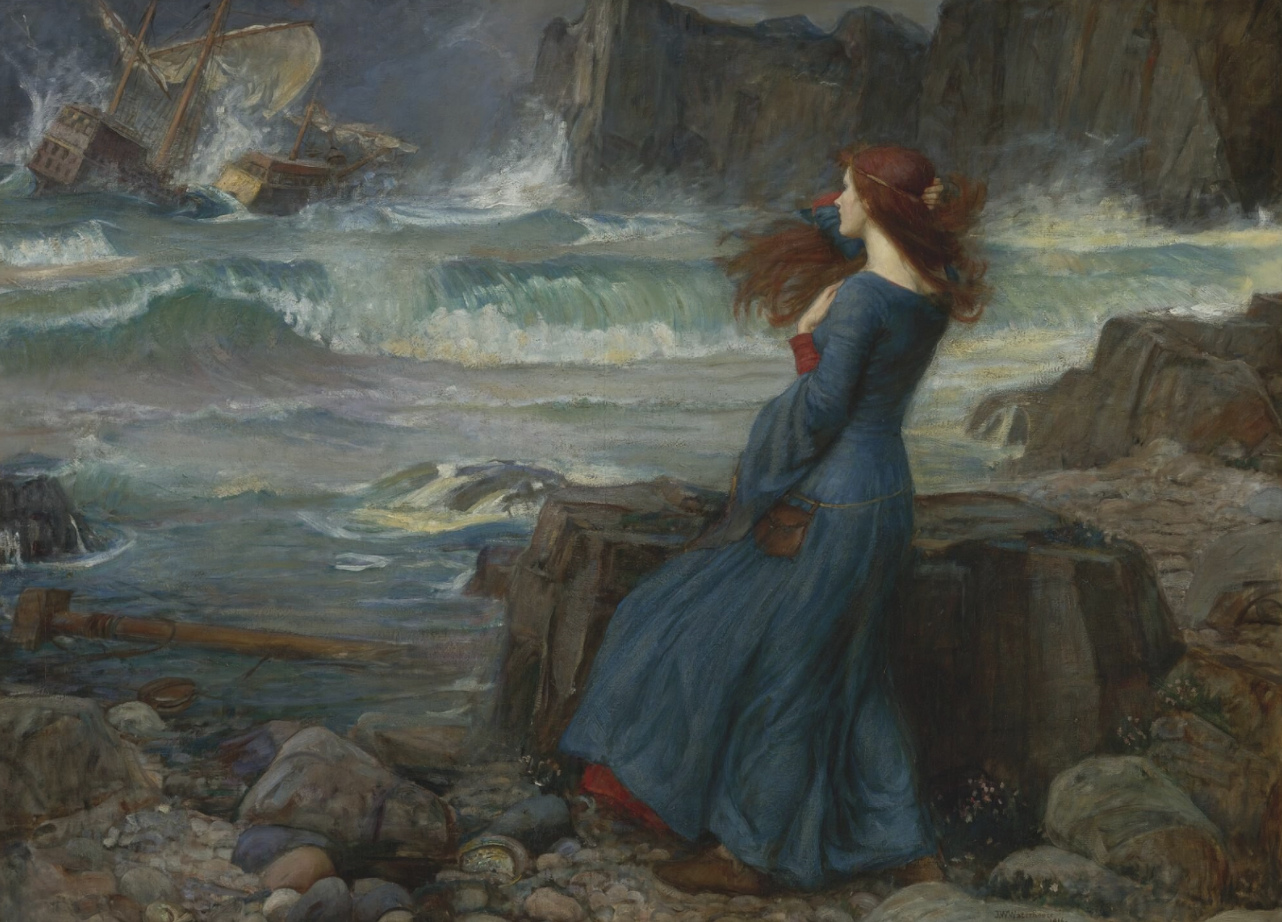The Hatch and Brood of Time is a weekly column on the place of William Shakespeare in history, his works, and their interpretations. Along with providing insight into the cultures of Elizabethan and Jacobean England, Shakespeare’s works have inspired innovation throughout four centuries and countless fields, from the shaping of modern cryptography to the naming of Uranus’s moons. The Hatch and Brood of Time examines ways in which Shakespeare’s life and writings have influenced and reflected history, revealing his multifaceted impact on the present day.
Shakespeare’s Dogs
The Hatch and Brood of Time Volume I: September28, 2020By London Johns Mark Antony calls to “let slip the dogs of war”; Richard II curses “dogs easilywon to fawn on any man”; Celia insists that Rosalind’s words are “too preciousto be cast away upon curs.” The si…
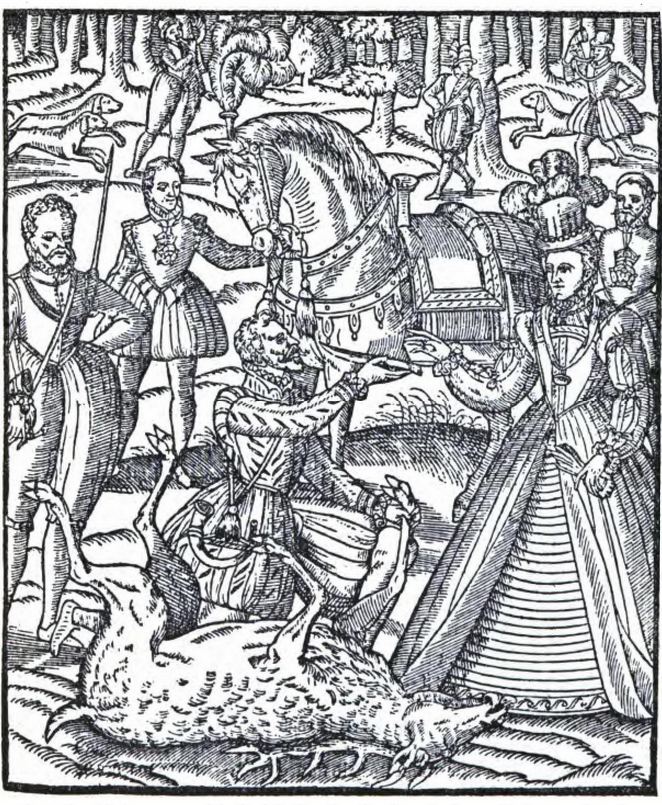
Shakespeare in the Restoration
The Hatch and Brood of Time Volume 2:October 5, 2020 By London Johns In 1660, King Charles II returned from France, reestablishing the Stuartmonarchy in England and bringing with him a wave of new ideas and practices withthe …

Examining the Wooden O
The Hatch and Brood of Time Volume 3: October12, 2020 By London Johns The prologue of William Shakespeare’s Henry V questioned how a single theatercould contain stories from around the world. “May we cram/Within this wooden Ot…

The Baconian Cipher in Shakespeare and the Military
The Hatch and Brood of TimeVolume 4: October 19, 2020 ByLondon Johns In the early 20th century, in a recently-built laboratory in Geneva, Illinois, ateam of researchers were working to identify and interpret ciphers in the worksof Renaissance…
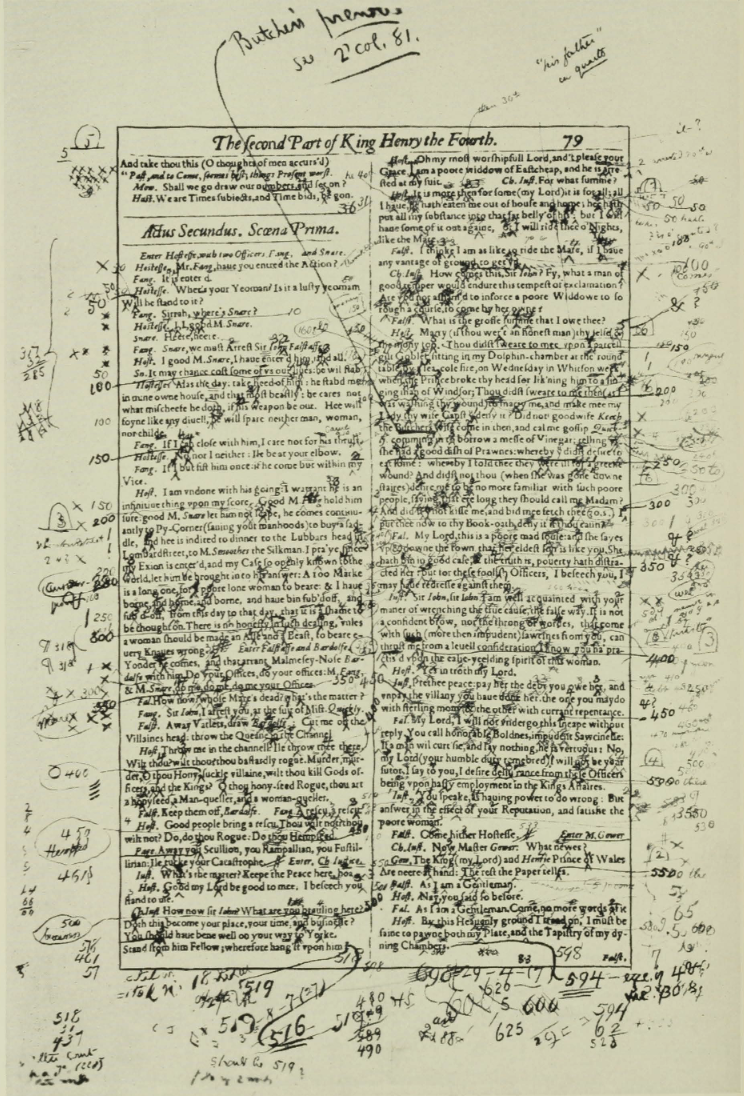
The Weird Sisters’ Beards
The Hatch and Brood of Time Volume 5: October25, 2020 By London Johns “What are these,/So withered, and so wild in their attire,/That look not liketh’ inhabitants o’ th’ Earth/And yet are on ’t? . . . You should …

Alas, Poor Will: What Happened to Shakespeare’s Skull
The Hatch and Brood of Time Volume 6: November 2, 2020 By London Johns Throughout the centuries since Shakespeare’s death, countless conspiracytheories about his grave have risen and been put to rest. The combination ofShakes…

Weighing Hamlet’s Sources
The Hatch and Brood of TimeVolume 7: November 9, 2020 By London Johns In 1596, William Shakespeare’s 11-year-old son Hamnet died. His cause of deathis not known, though it is possible he died of bubonic plague. His fat…
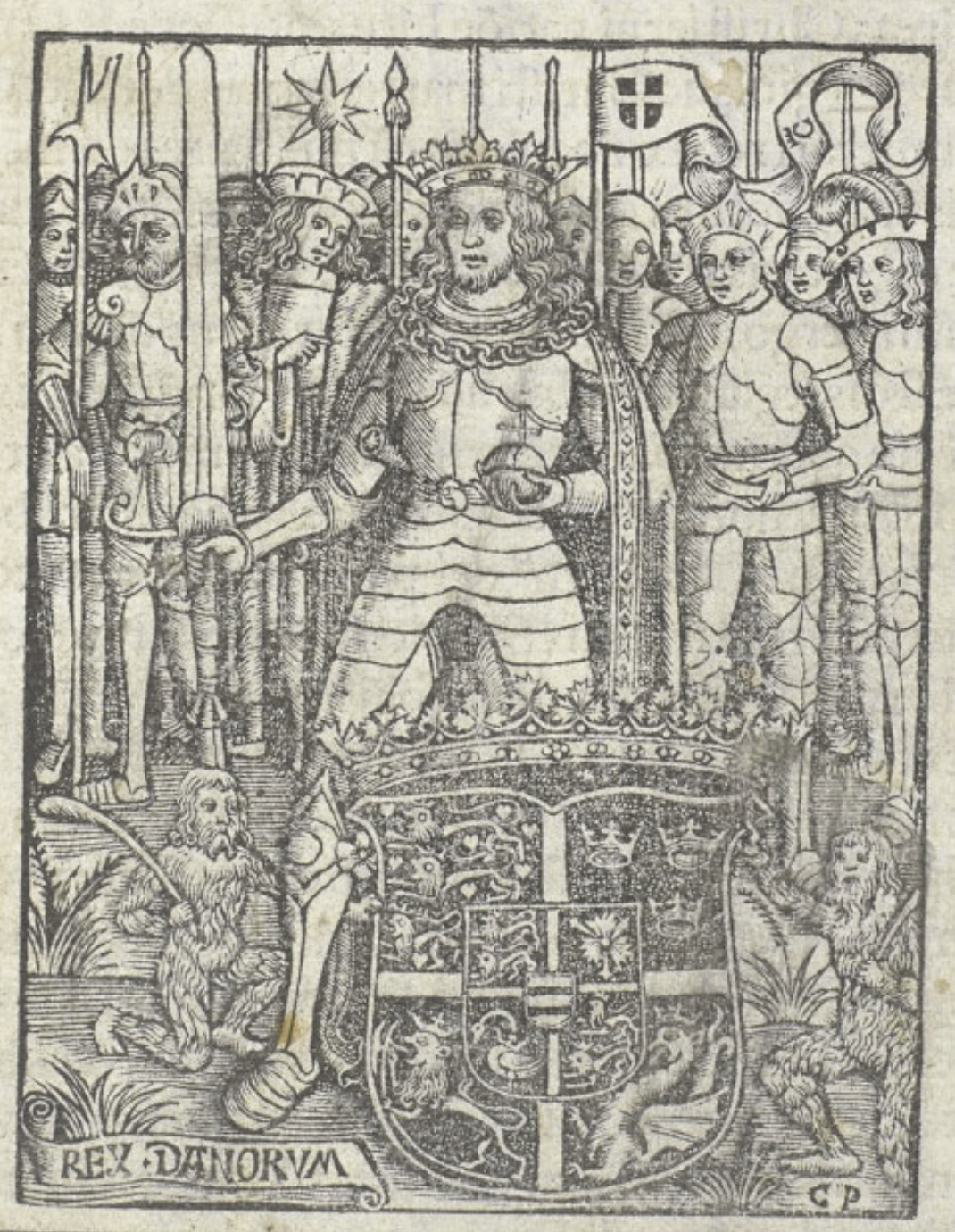
Ballads and Folk Songs in Shakespeare’s Plays
The Hatch and Brood of TimeVolume 8: November 16, 2020 By London Johns Music is a key aspect of Shakespeare’s plays. All but one of his comedies andall but four of his tragedies included songs or stage directions about songs,and songs we…
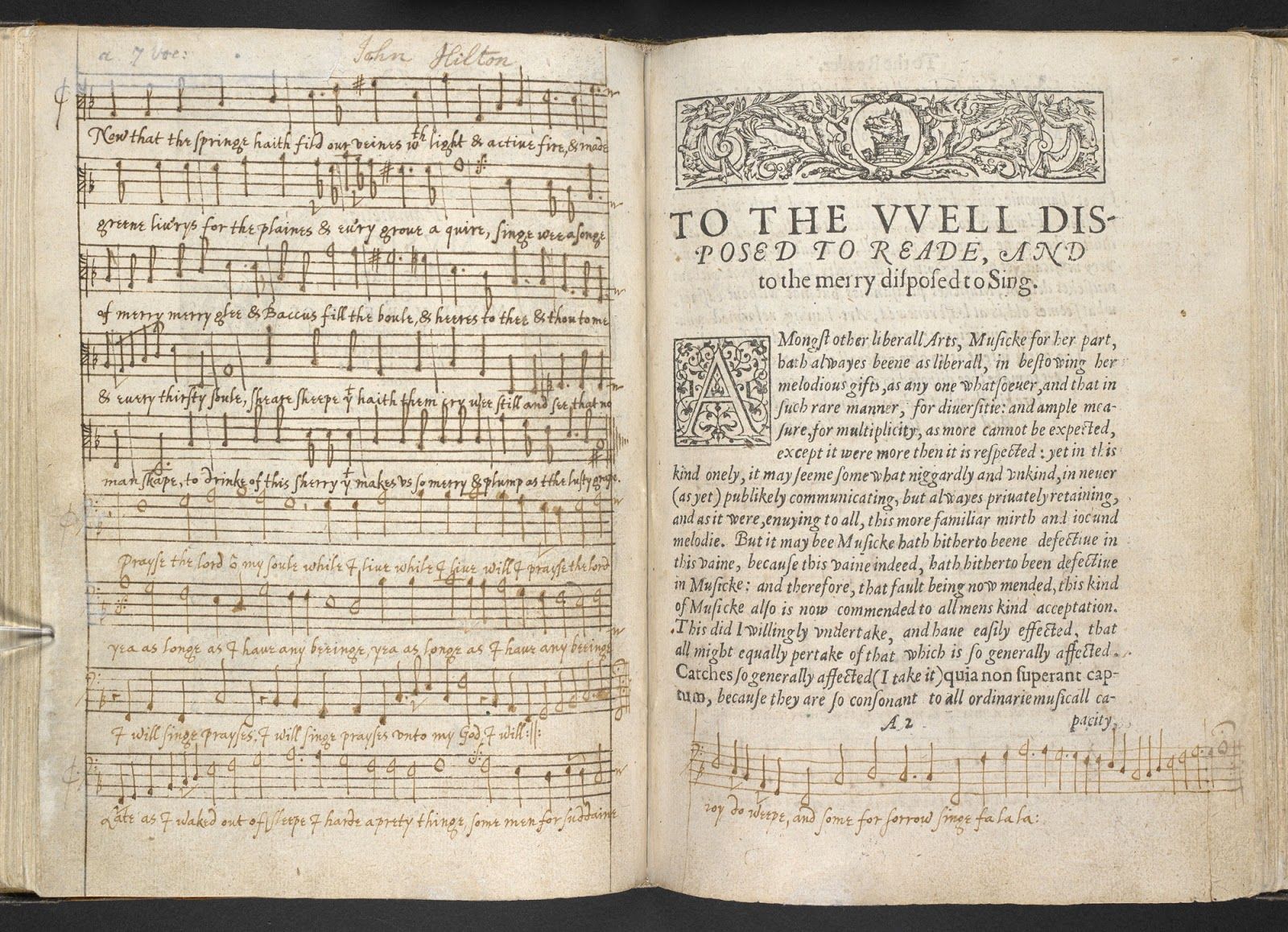
Shakespeare in America
The Hatch and Brood of Time Volume 9:November 23, 2020By London Johns There are few mentions of the American colonies in Shakespeare’s works.Throughout all of his plays, the word “America” appears only once, in The Comedyof Errors; Antipholus and Dromio o…
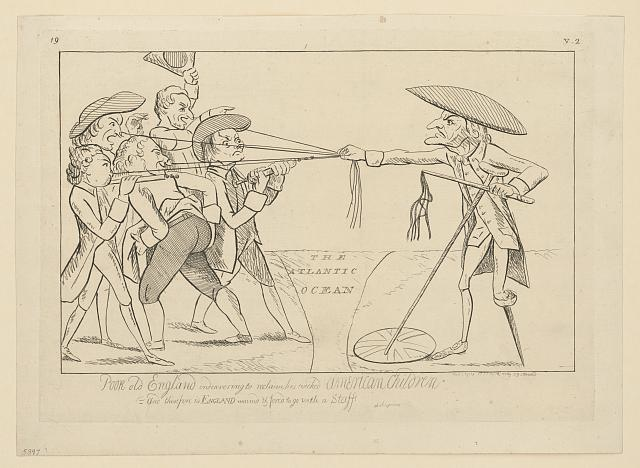
Shakespeare’s Schools in the Present Day: A Review of Scott Newstok’s How to Think Like Shakespeare: Lessons From a Renaissance Education
The Hatch and Brood of Time Volume 10: November 30, 2020By London Johns Newstok, Scott. “Front Cover.” Princeton University Press, 2020,press.princeton.edu/books/hardcover/9780691177083/how-to-think-like-shakespeare.Every morning, high school students across the country sit down at home, in…

John Shakespeare the Wool Dealer
Volume 11: December 7, 2020John Shakespeare the Wool DealerBy London JohnsWhat is known about William Shakespeare’s childhood has been pieced togetherfrom scraps of information and much guesswork. Significantly more can bediscovered about his parents during the years in which William Shakespear…

The Hatch & Brood of Time 12: Ophelia’s Distraction
Volume 12: December 14, 2020Ophelia’s DistractionBy London Johns In Act IV, Scene 5 of Hamlet, Ophelia enters distracted. She sings suggestivefolk songs and speaks in riddles. Two scenes later she has died, quietly andoffstage. Ophelia’s madness, as brief as it is in the play, became an icon…

The Hatch & Brood of Time 13: Inviting the Devil to the Stage
Volume 13: January 4, 2021Inviting the Devil to the StageBy London Johns In Act III Scene 3 of The Tempest, Ariel appears like a harpy, clasps a banquettable with his wings, and vanishes it, accompanied by thunder and lightning. Howwas it possible for actors to perform this trick onstage? St…

The Hatch & Brood of Time 14: William Henry Ireland’s Forgeries
Volume 14: January 11, 2021William Henry Ireland’s ForgeriesBy London Johns In 1796, a newly-discovered Shakespeare play, Vortigern and Rowena, appearedonstage in London. At first, the audience watched quietly, expecting a play torival King Lear or Hamlet. But by the final act, they had erupte…

Macbeth, King Lear, and the Gunpowder Plot
Volume 15: January 20, 2021Macbeth, King Lear, and the Gunpowder PlotBy London Johns In the fall of 1605, William Parker, a member of the House of Lords, received ananonymous letter instructing him to refrain from attending Parliament the nextday. “God and man hath concurred to punishe the w…
The Hatch & Brood of Time 16: The Second-Best Bed
Volume 16: January 26, 2021The Second-Best BedBy London Johns In the winter of 1616, William Shakespeare, who had retired to live with hisfamily in Stratford-upon-Avon, drafted his will. In March, he revised thedocument; from the shakiness of his signature, it appears that he was alreadyvery …

The Hatch and Brood of Time 17: Contextualizing Hamlet’s Pirates
Volume 17: February 1, 2021Contextualizing Hamlet’s PiratesBy London Johns Possibly the strangest part of Shakespeare’s Hamlet is a passage in which Hamletclaims that he has been captured by pirates on the way to England. The piratesare only written about in a letter, and they never appear ons…
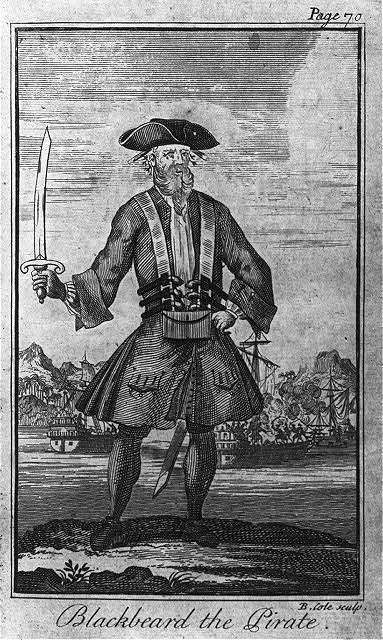
The Hatch and Brood of Time 18: Elizabethan Costumes as Status Symbols
Volume 18: February 8, 2021Elizabethan Costumes as Status SymbolsBy London JohnsThe aim of many modern costume designers is to create a sense of realism. Playsset in a particular location and era require actors to dress in a way thatcommunicates their characters’ time period and culture. Elizab…

The Hatch and Brood of Time 19: The Plight of the Children of the Chapel
Volume 19: February 15, 2021The Plight of the Children of the ChapelBy London JohnsIn 1600, 13-year-old Thomas Clifton was walking to school when he was kidnappedand brought by force to the Blackfriars playhouse. When his father, HenryClifton, arrived at Blackfriars to retrieve him, he was taun…
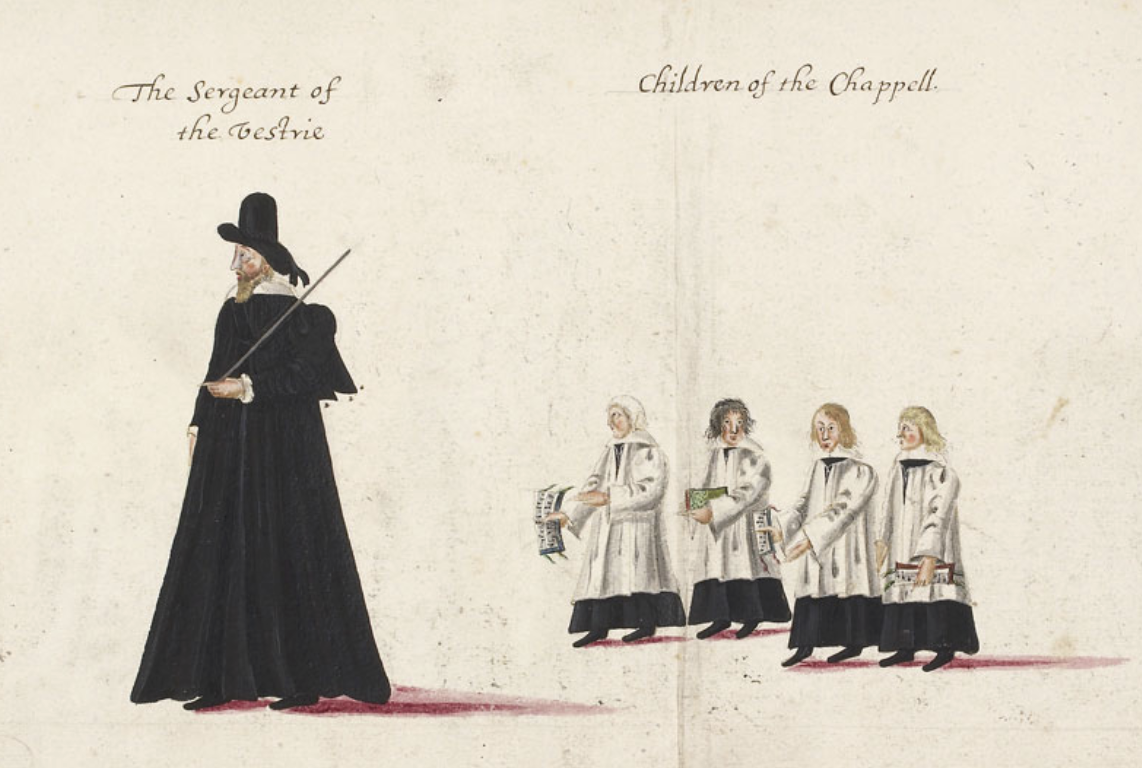
The Hatch and Brood of Time 20: The Macbeth Riot
Volume 20: February 22, 2021The Macbeth RiotBy London Johns On May 10, 1849, William Macready was arranged to star in a production of Macbeth in the New York Astor Place Opera House. It was a much-anticipatedperformance, both by Macready’s supporters and his critics, and that evening acrowd o…

The Hatch and Brood of Time 21: Exit, Pursued by a Bear
By London Johns In the third act of The Winter’s Tale, Antigonus abandons baby Perdita in thewilderness, then promptly flees the stage, “pursued by a bear” (III.iii.64).This enigmatic phrase has become one of the most famous of Shakespeare’s stagedirections. Whether or not this direction was car…
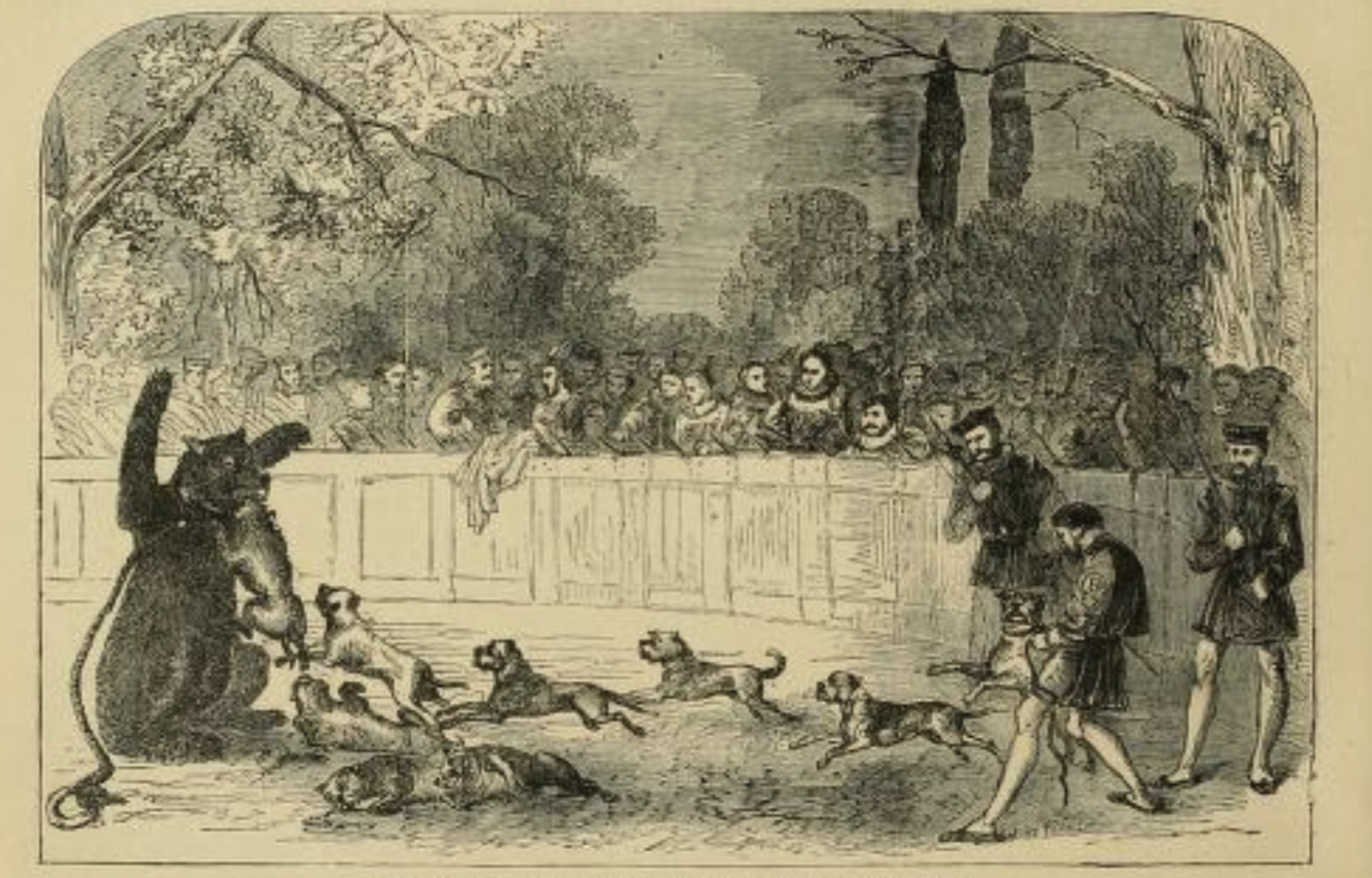
The Hatch and Brood of Time 22: Followers of the Man in the Moon
Volume 22: March 11, 2021 Followers of the Man in the MoonBy London Johns When the players in A Midsummer Night’s Dream consider what characters arerequired to tell the story of “Pyramus and Thisbe”, they decide that since thestory takes place under the light of the moon, they must assign a p…
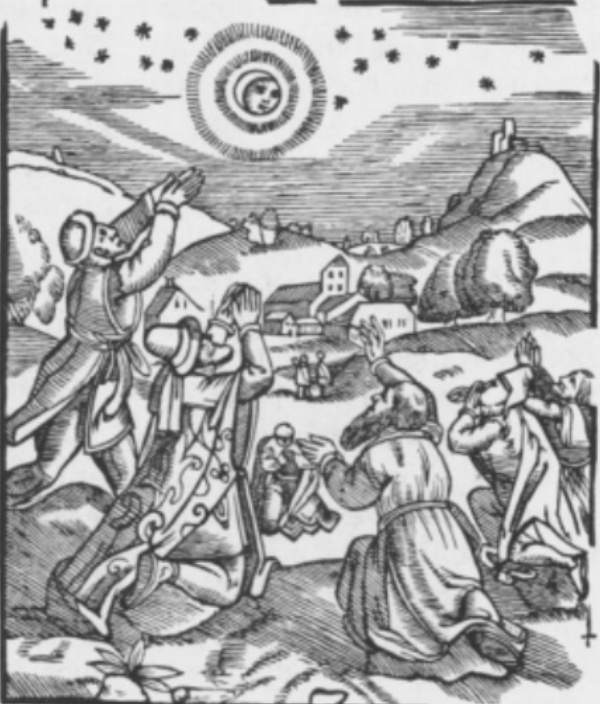
The Hatch and Brood of Time 23: Robert Devereux’s Ides of March
Volume 23: March 20, 2021Robert Devereux’s Ides of March ByLondon Johns In 1599, Shakespeare’s Julius Caesar was performed for the first time at theGlobe Theater. Audiences watched as a military general fed off of the adorationof a mob, was tempted by the promise of power, an…
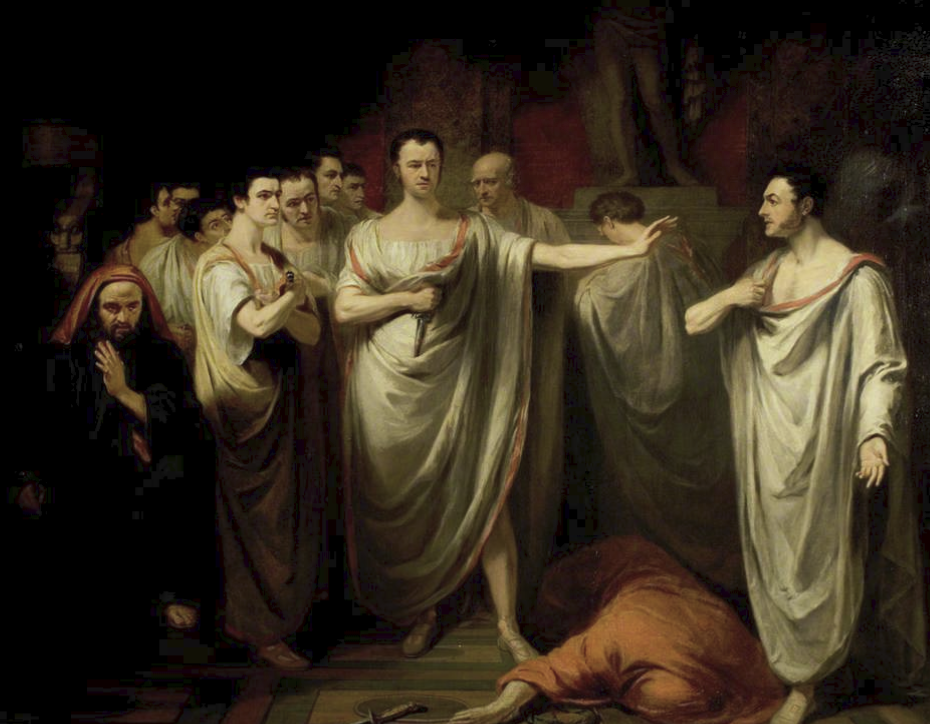
The Hatch and Brood of Time 24: Showboats, Shakespeare, and the American South
Volume 24: March 25, 2021Showboats, Shakespeare, and the American SouthBy London Johns “There is scarcely a pioneer’s hut,” observed a French political thinkervisiting the United States in 1831, “where one does not encounter some oddvolumes of Shakespeare.” (qtd. in Dickson) However, although …
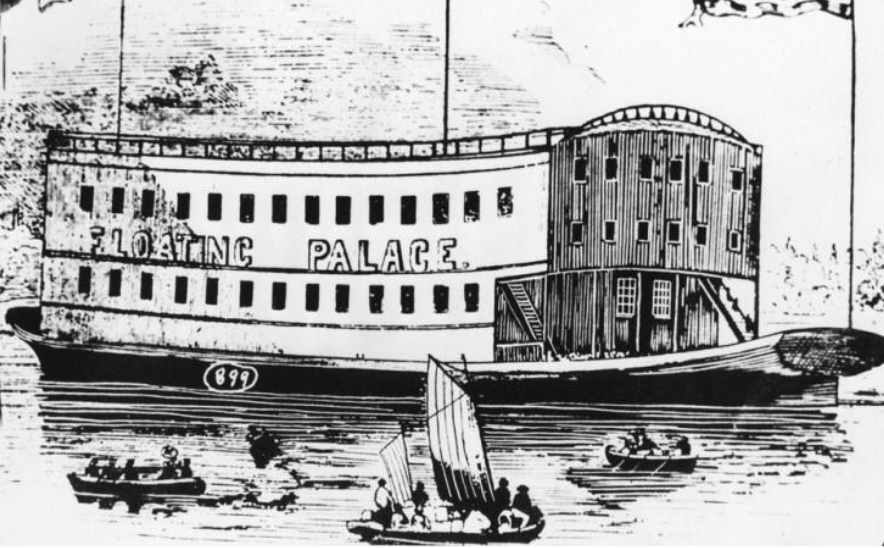
The Hatch and Brood of Time 25: Reading Shakespeare’s Plays in the Old West
Volume 25: April 5, 2021 Reading Shakespeare’s Plays in the Old West By London Johns In 1879, Colonel William G. Boyle, the owner of most of the land in a smallmining town in New Mexico named Ralston City, was determined to heal the town’sreputation. Since 1870, Ralston City had attracted tho…
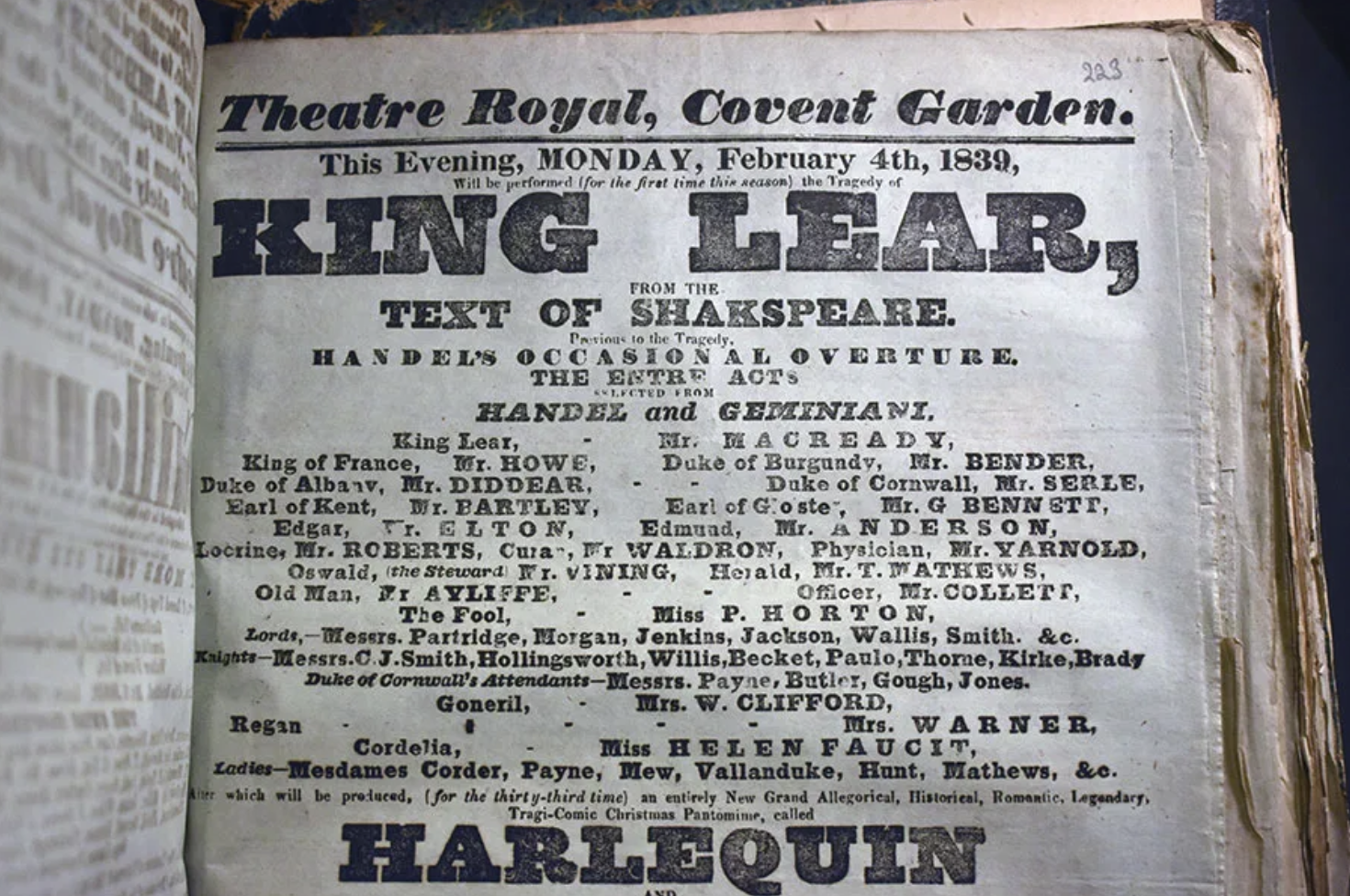
The Hatch and Brood of Time 26: Percy Shelley and The Tempest
Volume 26: April 22, 2021Percy Shelley and The TempestBy London JohnsAccording to a dialogue published in New Monthly Magazine in 1830, Lord Byronand Percy Shelley were walking together through the forest when Byron mentionedthat he had been reading Hamlet, and he was disappointed by what he in…
